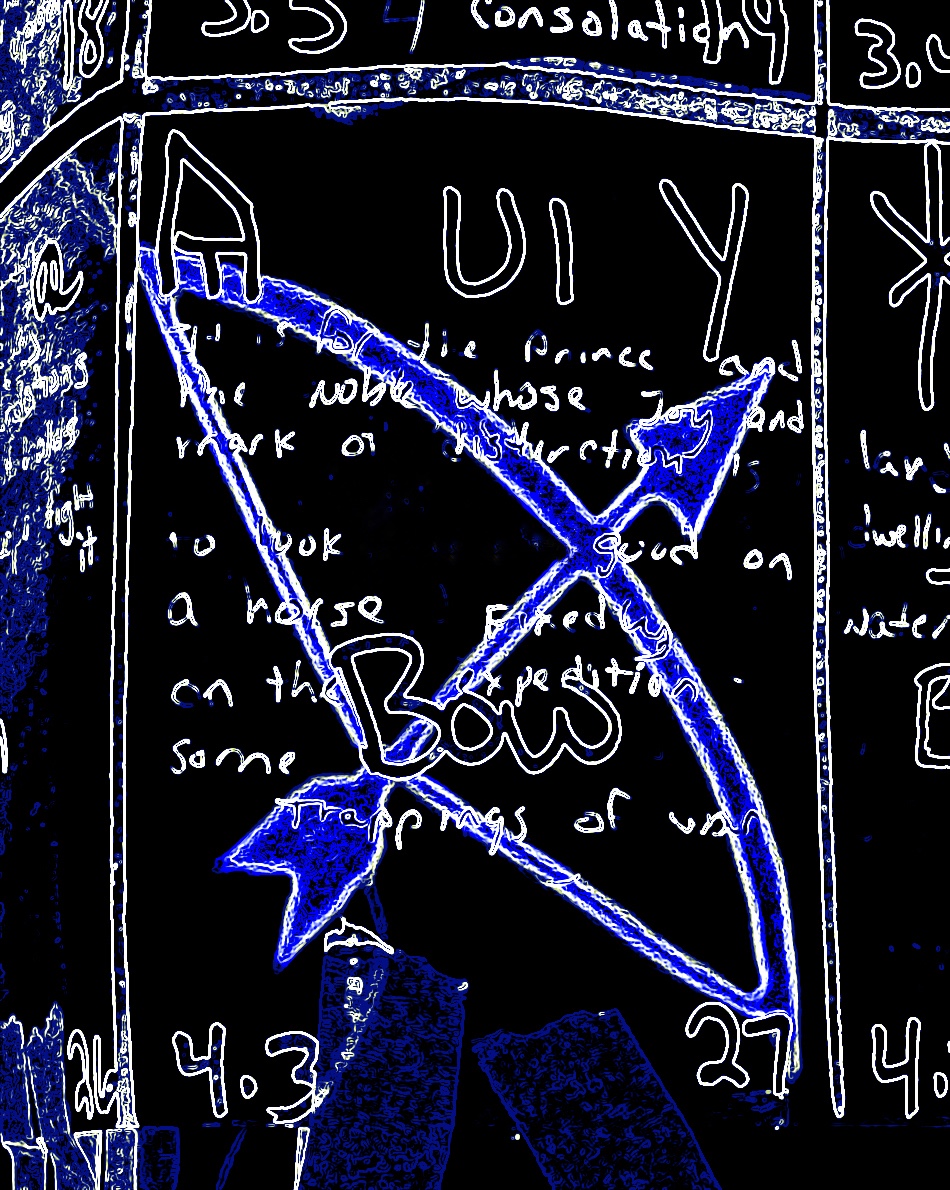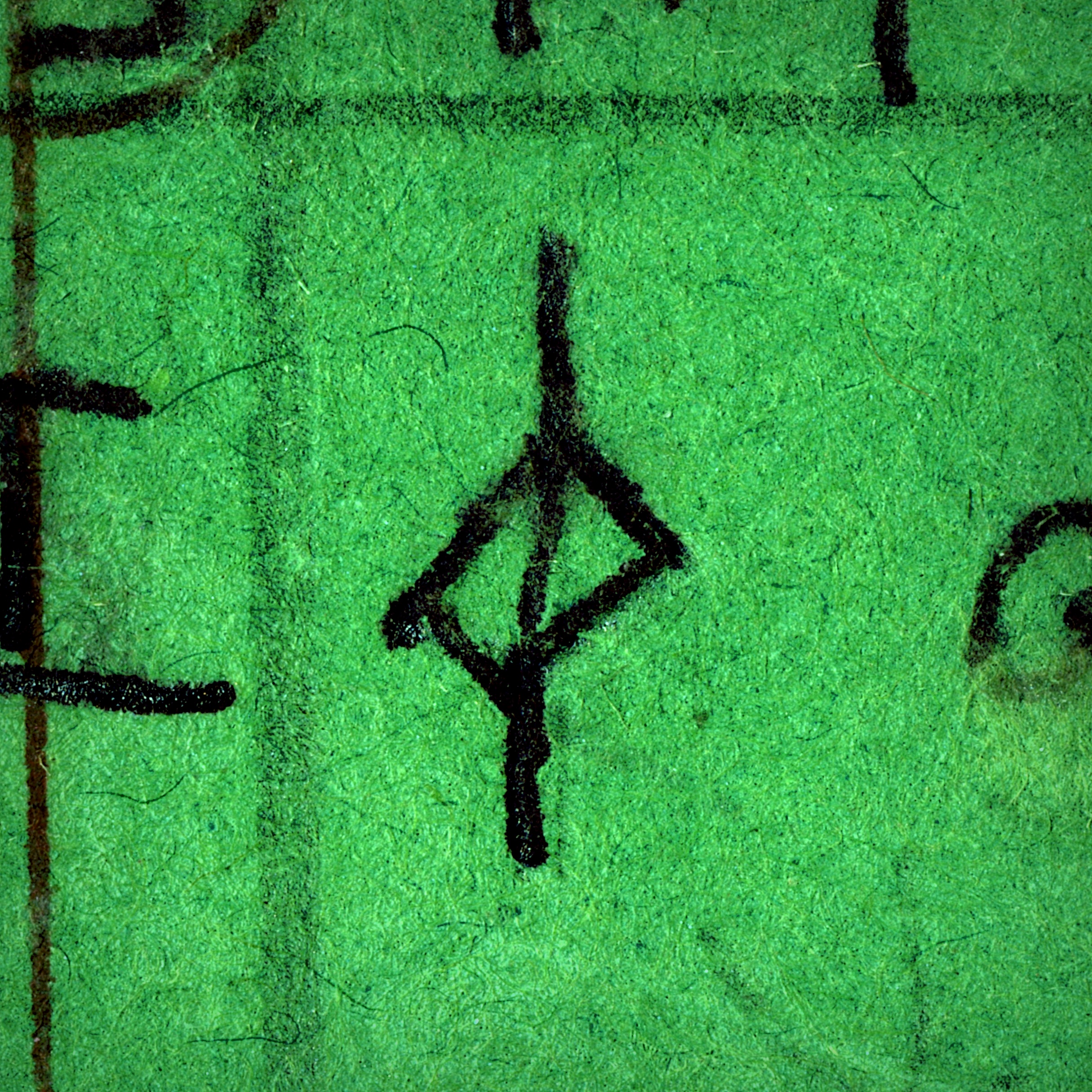 Ger is a little small. Look at it so teeny: ᛄ. You might not be able to see. It’s bigger now, it grew over time, but the poor thing was only half sized once. Sometimes Ger is carved to look like the rune for Beaver, Ior, ᛡ, making for redundancy and a real identity crisis for sweet little ᛄ, though ᛄ did stand up a little taller to claim a space in manuscripts at least. ᛄ’s got other problems too. It once made a J sound before shifting into a softer palatal G and then ultimately a Y sound represented by Ge, where it seems to have landed, unfortunately sharing the same initial sound of the ᛡ rune as well as its look sometimes. This does lend to a bit of an identity crisis. ᛄ was here first, I’ll have you know, and it’s hard for a small rune like ᛄ to … More
Ger is a little small. Look at it so teeny: ᛄ. You might not be able to see. It’s bigger now, it grew over time, but the poor thing was only half sized once. Sometimes Ger is carved to look like the rune for Beaver, Ior, ᛡ, making for redundancy and a real identity crisis for sweet little ᛄ, though ᛄ did stand up a little taller to claim a space in manuscripts at least. ᛄ’s got other problems too. It once made a J sound before shifting into a softer palatal G and then ultimately a Y sound represented by Ge, where it seems to have landed, unfortunately sharing the same initial sound of the ᛡ rune as well as its look sometimes. This does lend to a bit of an identity crisis. ᛄ was here first, I’ll have you know, and it’s hard for a small rune like ᛄ to … More
Tag Archives: Yr
Translating Yr
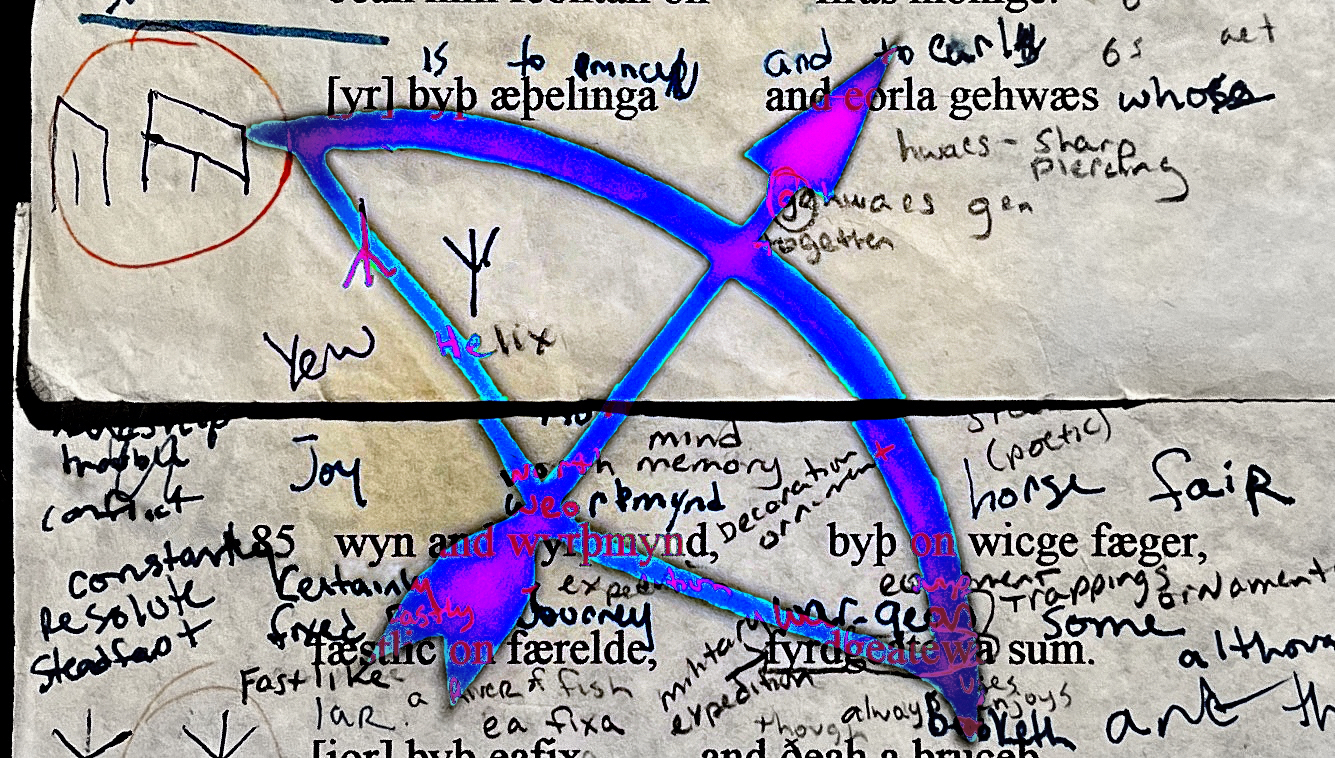
In Old English yr means only the name for this rune. A bow is a guess, a bow made out of yew. In Old Norse yr means the yew tree. The Icelandic Rune Poem says yr is “bent bow and brittle iron, and Farbauti (a giant) of the arrow.” Yew Bows from Britain were prized all over Europe, so I think a yew bow as an answer to this riddle makes the most sense from the minimal context we have. But in Old English yew is spelled eoh, so this rune could be describing something else. Some think this stanza describes a horn or a saddle bow or buckle. Whatever yr was, it was something to see. This is what this stanza is all about. Being something to see. Looking good on a horse. That’s sexy. Nobody wants to look bad on a horse.
This rune is about the elite. They could … More
Rune Casting: Yr
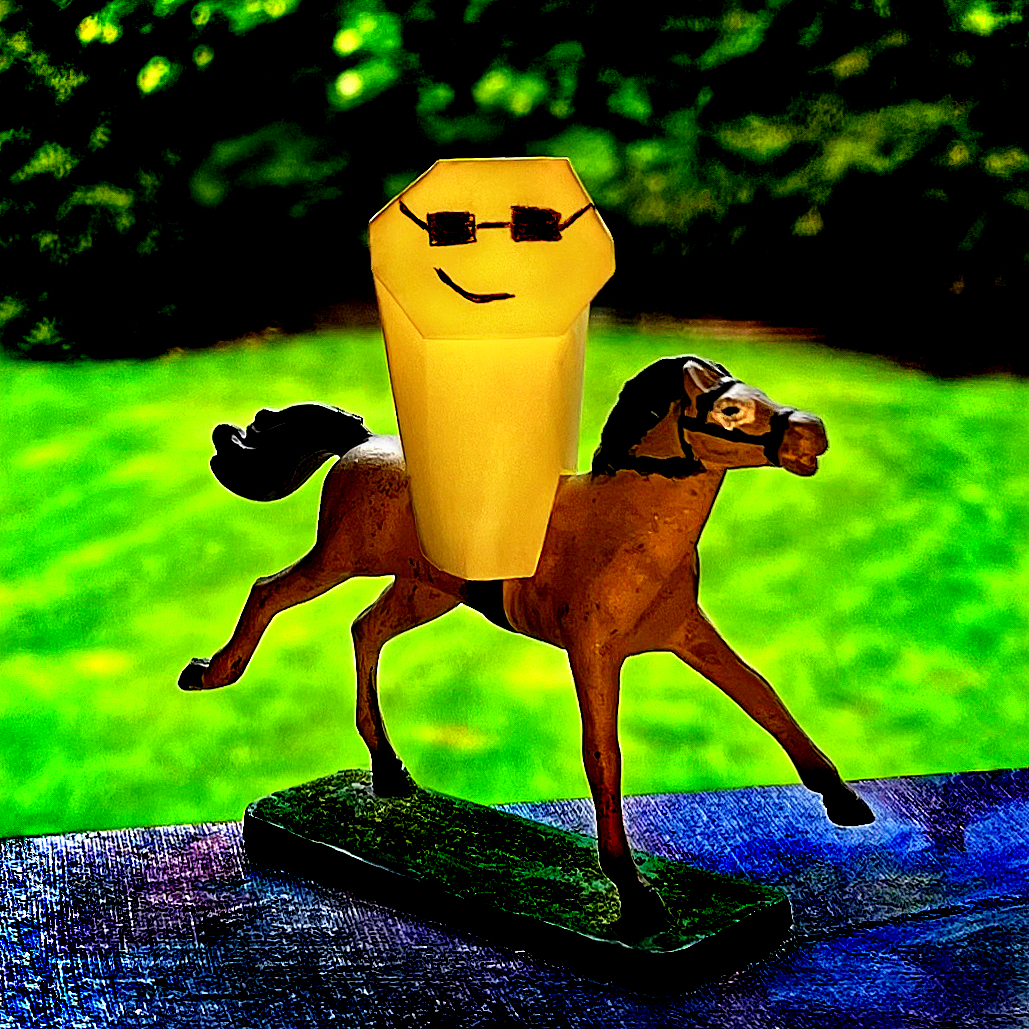 Look at you, you’re a gorgeous one. Hello. Such a pleasure to see you looking so impressive today. You’re good for looking at, is this the rune you picked? Yr? It looks good on you. Where’d you get it? Goes with your eyes. Sparkling, shining, scowling some, but you’re in a hurry. I get it. Hold your horses diva. Give us a chance to see you in all your gloriousness, before you set off. You are going places and you’ll impress when you get there. Your time is coming so you’d better bring it. You look ready for this fight. When you stay ready you don’t have to get ready and you look fierce. You will be remembered. You will be worth remembering.
Look at you, you’re a gorgeous one. Hello. Such a pleasure to see you looking so impressive today. You’re good for looking at, is this the rune you picked? Yr? It looks good on you. Where’d you get it? Goes with your eyes. Sparkling, shining, scowling some, but you’re in a hurry. I get it. Hold your horses diva. Give us a chance to see you in all your gloriousness, before you set off. You are going places and you’ll impress when you get there. Your time is coming so you’d better bring it. You look ready for this fight. When you stay ready you don’t have to get ready and you look fierce. You will be remembered. You will be worth remembering.
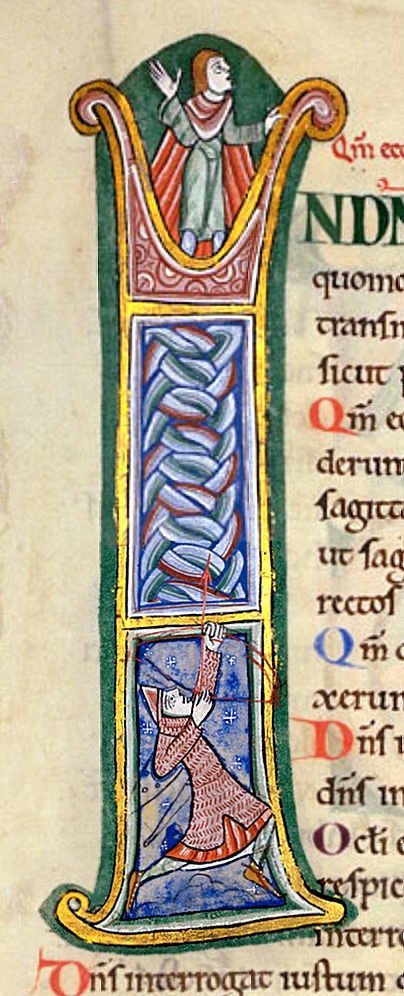
ᚣ
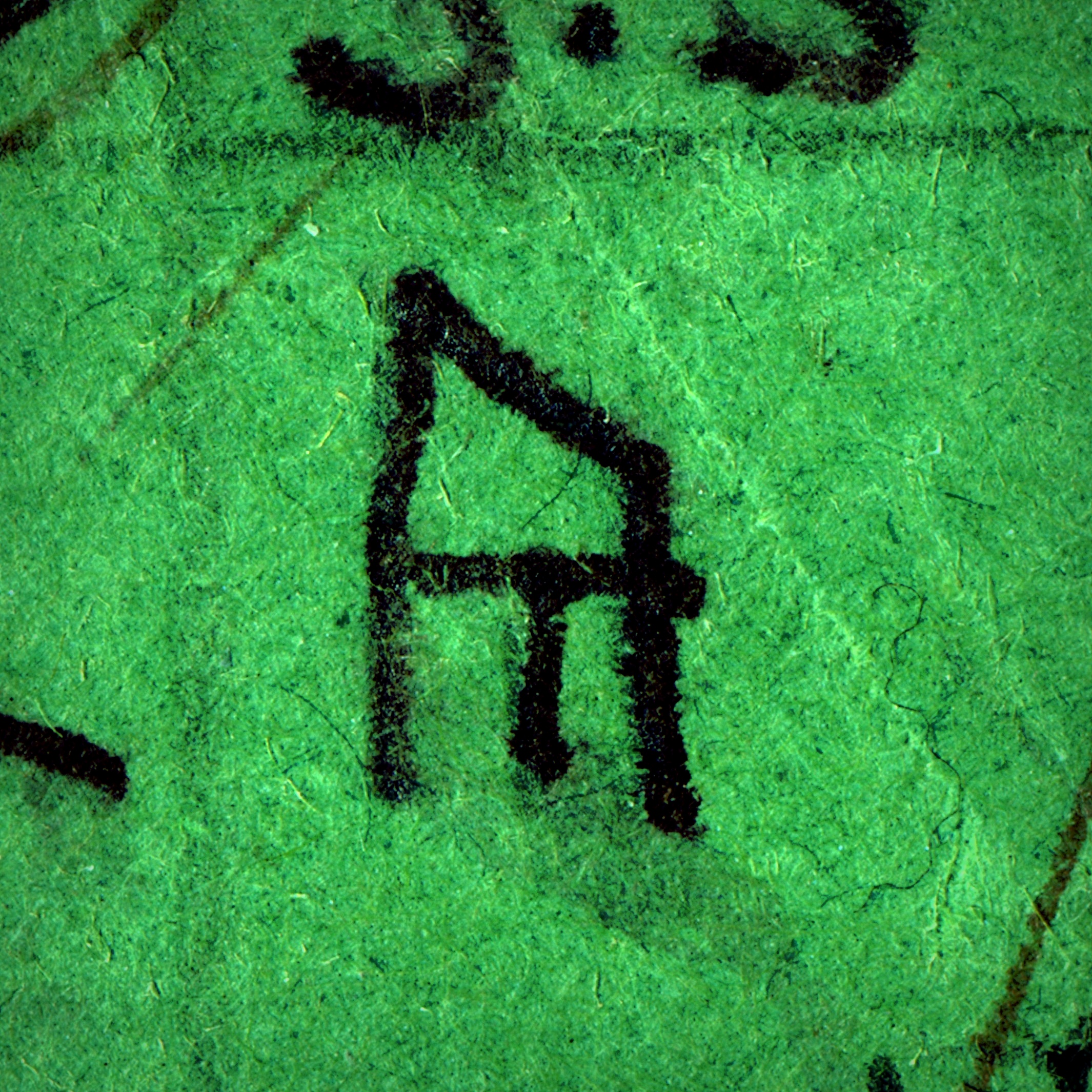 Say something. Go ahead, you heard me, say it and listen to yourself. Now say it about a hundred years ago. Hear it? You can hear it. Different. Speech sounds change. Accents change. You’ve changed. You think you sound the same but go back home after some distance and they’ll tell you different. And they’ll tell it to you differently. English has changed, big time, my God it’s different. It’s old. It’s medieval. Let’s think of a famous medieval person, to see how old. Somebody with a real mark of distinction. Dante. Dante Aligheri. He finished writing the Divine Comedy in 1320. He’s really really old, hundreds of years. Think of this, in this current moment we are closer in years to Dante than he was to the start of Old English. And from the Rune Poem to us he’s in the middle of the path of life. Not the runes, they’re even older, the … More
Say something. Go ahead, you heard me, say it and listen to yourself. Now say it about a hundred years ago. Hear it? You can hear it. Different. Speech sounds change. Accents change. You’ve changed. You think you sound the same but go back home after some distance and they’ll tell you different. And they’ll tell it to you differently. English has changed, big time, my God it’s different. It’s old. It’s medieval. Let’s think of a famous medieval person, to see how old. Somebody with a real mark of distinction. Dante. Dante Aligheri. He finished writing the Divine Comedy in 1320. He’s really really old, hundreds of years. Think of this, in this current moment we are closer in years to Dante than he was to the start of Old English. And from the Rune Poem to us he’s in the middle of the path of life. Not the runes, they’re even older, the … More


